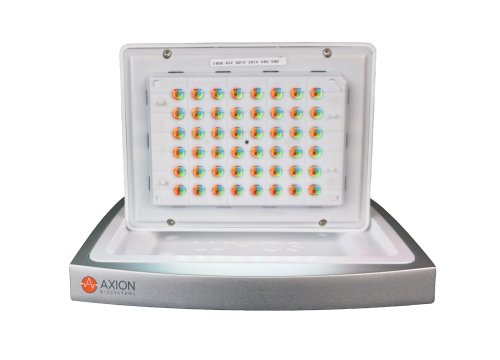Authors: Goldberg M, Islam MR, Kerimoglu C, Lancelin C, Gisa V, Burkhardt S, Krüger DM, Marquardt T, Malchow B, Schmitt A, Falkai P, Sananbenesi F, and Fischer A.
Translational Psychiatry, 2021.
Scientists using Axion’s bioelectronic assay and other technologies characterize key microRNAs implicated in cognitive diseases
MicroRNAs (or miRNAs) are associated with the development of many health conditions including cancers, stroke, kidney disease, obesity, and substance use disorders. Some evidence suggests that microRNAs may also play a role in cognitive function, but identifying which microRNAs to advance in translational research studies has been challenging due to the large number of candidates under consideration. But a new study using human subjects and animal models reveals a cluster of 18 microRNAs highly correlated to cognition, with two specific microRNAs linked to neuronal integrity, synaptic plasticity, and morphology—a finding that may hold great promise for scientists studying potential biomarkers and therapeutic targets for cognitive diseases.
Because exercise is known to improve memory and mental abilities, researchers correlated cognitive testing results with circulating microRNAome in blood samples from 19 healthy human subjects enrolled in a 3-month exercise study to identify the microRNA cluster linked to cognitive enhancement. The two key microRNAs of this cluster, microRNA-409 and microRNA-501, were expressed in the hippocampus of exercising mice and found in post-mortem brains from healthy humans; findings that provide supporting evidence of a link between microRNAs and cognition. Researchers used Axion’s Maestro APEX platform to record and analyze in vitro activity of primary hippocampal neurons treated with anti-miR nanoparticles, and found that the down-regulation was associated with a reduced number of dendritic spines, mature synapses, and reduced neuronal network activity. With the results taken together, scientists suggest that the identification and characterization of these key microRNAs may help advance translational research for cognitive diseases in the future.


